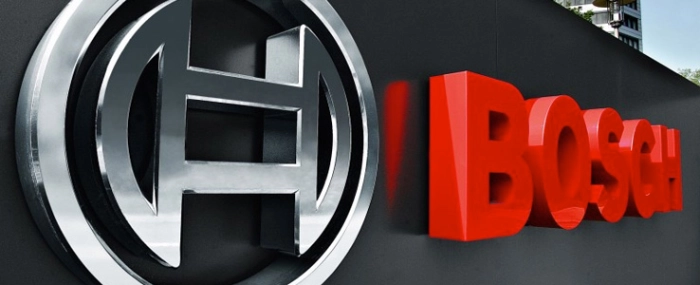
Bosch Mobility to cut 13,000 jobs in Germany by 2030
Bosch says that it will cut around 13,000 jobs at its Mobility division in Germany by the end of 2030, citing weak global vehicle markets, delays in new technology adoption, and mounting cost pressures.
The company said in a press release that its Mobility business faces an annual cost gap of EUR 2.5 billion, which it aims to close through productivity gains, supply chain efficiencies, reduced spending, and structural adjustments. While Bosch plans to deploy artificial intelligence to improve manufacturing and engineering processes, it confirmed that workforce reductions are unavoidable.
“Regrettably, we will not be able to avoid further job cuts beyond those already communicated. This hurts us greatly, but unfortunately there is no alternative,” said Stefan Grosch, Bosch board member and director of industrial relations.
The reductions will primarily affect Bosch Mobility locations in Germany, including in Feuerbach, where about 3,500 jobs to be cut, including 1,500 in the powertrain components plant, due to declining diesel demand and slow adoption of hydrogen technologies. In Schwieberdingen, around 1,750 jobs are to be cut in sales, purchasing, administration, and development.
At the Waiblingen location, the company plans to phase out production for connector technology, which currently employs around 560 people, by the end of 2028 – subsidiaries at the site will not be affected.
At the Bühl/Bühlertal location, where Bosch develops and manufactures electric drives for low-voltage applications for European automakers, the company anticipates that around 1,550 jobs will need to be cut by the end of 2030.
And in Hamburg, Bosch plans to cut around 1,250 jobs as operations are consolidated within the Power Solutions division.
Bosch attributed the cuts to structural changes in the automotive industry, slower-than-expected uptake of electromobility and automated driving, and shifting demand outside Europe. The group said it remains committed to Germany as an industrial base but must streamline to remain competitive.
“Germany is and will remain central to Bosch, also in terms of the number of associates. However, we need to position ourselves more efficiently in order to hold our own in the face of tough competition around the world,” Grosch said.
Markus Heyn, chairman of the Mobility business sector, added that geopolitical developments and trade barriers such as tariffs lead to considerable uncertainty.
"We can expect to face even more intense competition. That’s why we’re aiming to seize growth opportunities wherever possible and make sure our Mobility locations worldwide remain viable.”
Bosch said it will start talks with employee representatives at the affected sites to agree on socially acceptable solutions, though it emphasised that swift action is necessary to avoid worsening the situation.



